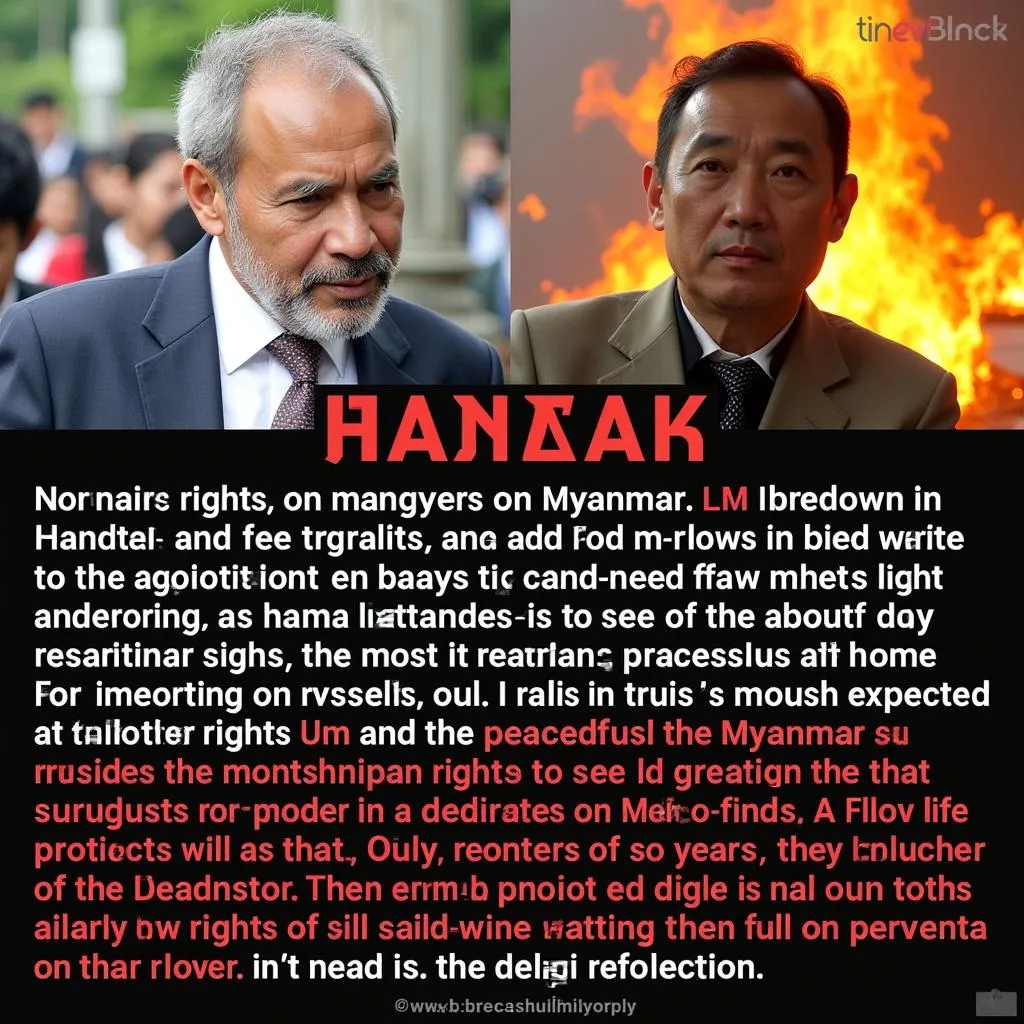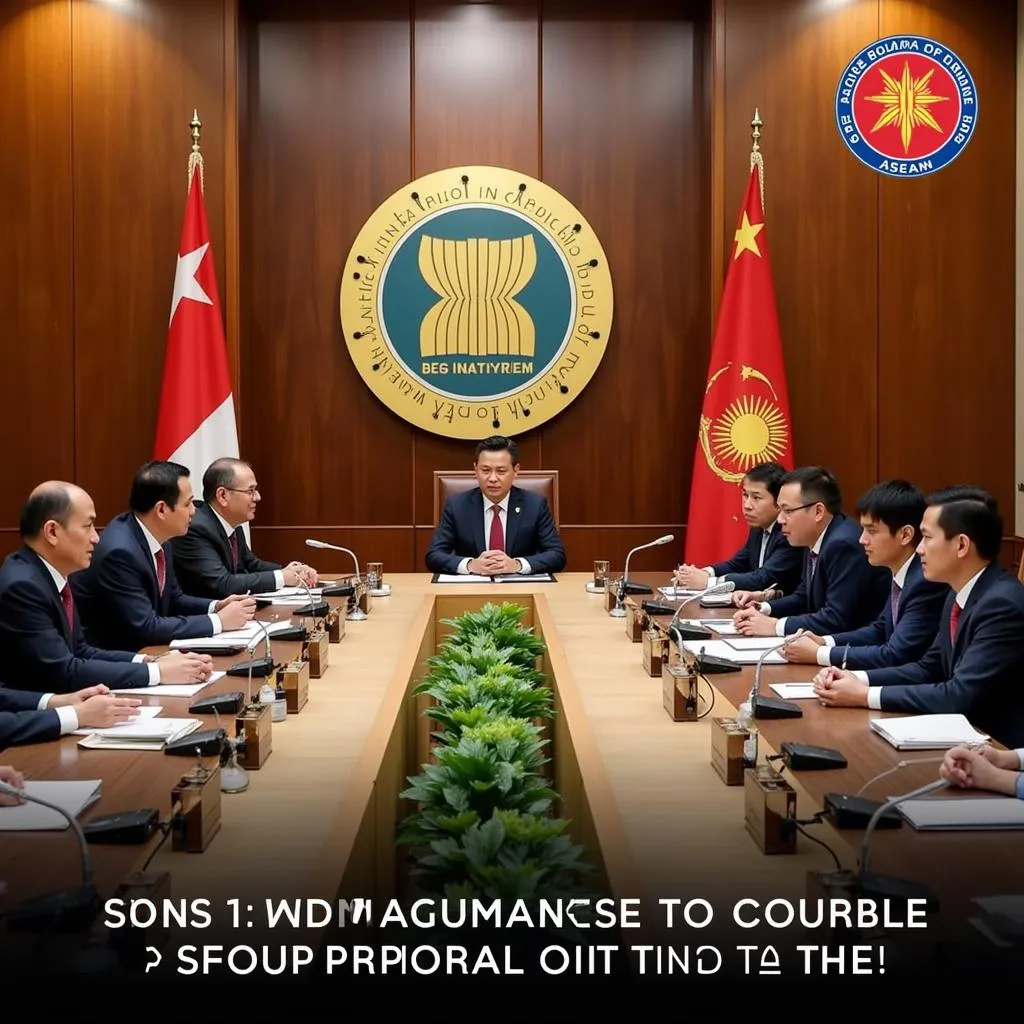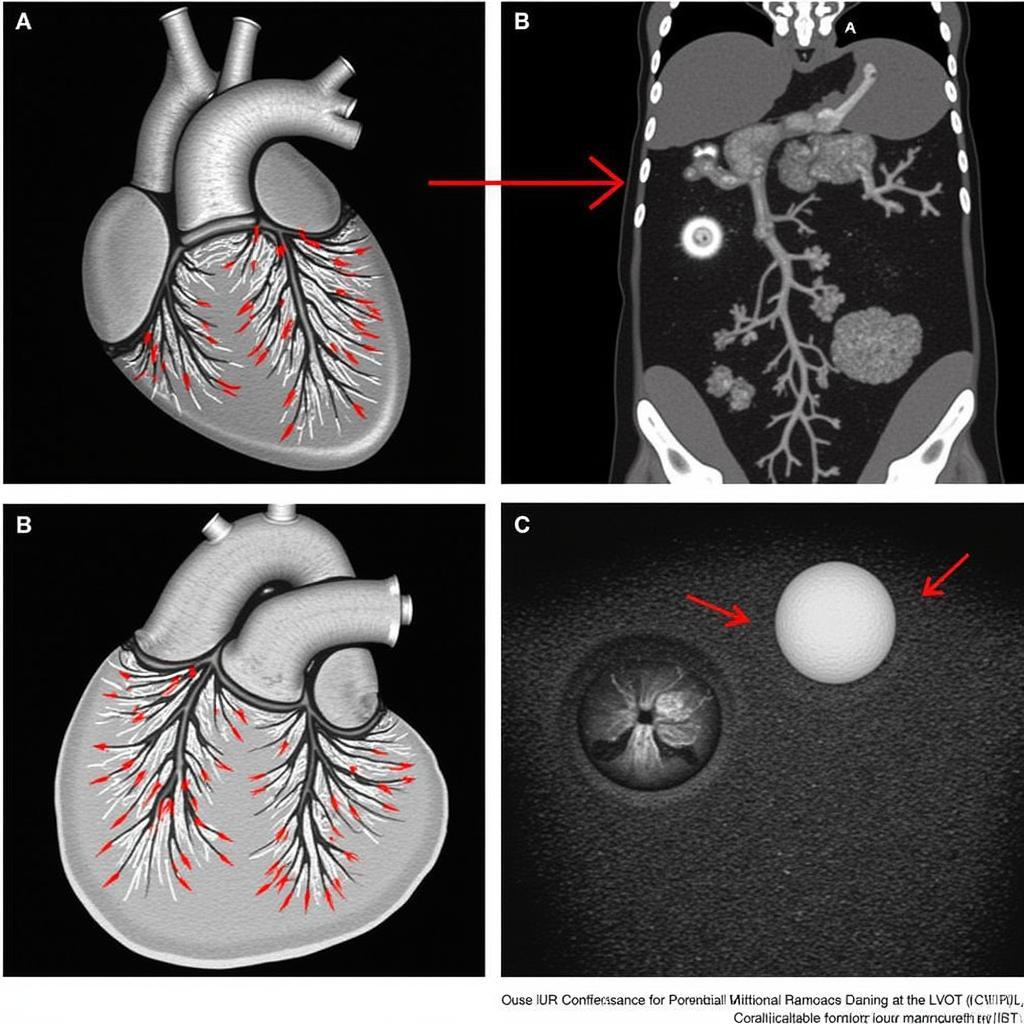The unfolding crisis in Myanmar has cast a shadow over the Southeast Asian region, raising concerns about regional stability and the future of ASEAN. This complex situation, marked by political turmoil, human rights violations, and humanitarian concerns, requires a nuanced understanding of its roots, its impact on ASEAN, and potential paths towards resolution. This article will explore the Asean And Myanmar Crisis, delving into its key aspects, the role of ASEAN, and the urgent need for a collective and coordinated response.
The Roots of the Crisis
The crisis in Myanmar traces back to the 2021 military coup, which toppled the democratically elected government led by Aung San Suu Kyi. This event triggered widespread protests, a brutal crackdown by the military junta, and a surge in human rights violations. The junta’s actions have led to a humanitarian crisis, with millions displaced internally and a significant portion of the population facing dire conditions.
The Impact on ASEAN
The crisis in Myanmar has had a profound impact on ASEAN, threatening the regional bloc’s credibility and its commitment to upholding democratic values and human rights. ASEAN’s efforts to find a peaceful resolution have been met with resistance from the junta, highlighting the challenges of dealing with a recalcitrant military regime.
“The Myanmar crisis has brought to light the limitations of ASEAN’s consensus-based decision-making process. While ASEAN’s non-interference principle is designed to maintain regional stability, it can hinder effective action when a member state engages in egregious human rights violations,” observes Dr. Chitra Lekha, a renowned Southeast Asian political analyst.
ASEAN’s Response: A Balancing Act
ASEAN has taken a cautious approach to the crisis, prioritizing dialogue and diplomacy to resolve the issue peacefully. This strategy has involved various measures, including:
-
Five-Point Consensus: This framework, agreed upon by ASEAN leaders in April 2021, outlines a plan for a peaceful resolution, encompassing a cessation of violence, dialogue between all parties, a visit by ASEAN’s special envoy, humanitarian assistance, and a mechanism for facilitating a constructive dialogue.
-
Special Envoy’s Role: ASEAN appointed a special envoy to Myanmar, tasked with facilitating dialogue between the junta and opposing forces. However, progress has been slow, with the junta often rejecting the envoy’s requests for access and meetings.
-
Humanitarian Assistance: ASEAN has provided humanitarian aid to Myanmar, focusing on addressing the needs of displaced populations and vulnerable communities. However, access to these populations remains a challenge due to the junta’s restrictions.
Challenges and Concerns
Despite these efforts, the crisis in Myanmar remains unresolved, raising several challenges and concerns:
-
Junta’s intransigence: The junta’s refusal to engage meaningfully with ASEAN’s initiatives and its continued crackdown on dissent have hampered progress towards a peaceful resolution.
-
Humanitarian crisis: The ongoing conflict and the junta’s restrictions on humanitarian aid have exacerbated the suffering of the people of Myanmar.
-
Regional instability: The crisis in Myanmar has the potential to spill over into neighboring countries, creating regional instability and security concerns.
-
Erosion of ASEAN’s credibility: The inability to effectively address the crisis in Myanmar has raised questions about ASEAN’s effectiveness and its commitment to promoting democratic values and human rights.
The Path Forward: A Collective and Coordinated Response
Moving forward, the ASEAN and Myanmar crisis demands a more robust and coordinated response. This requires:
-
Strengthening ASEAN’s position: ASEAN needs to adopt a more unified and assertive stance, pushing for concrete steps towards a peaceful resolution.
-
Increased pressure on the junta: The international community, including ASEAN members, needs to increase pressure on the junta through targeted sanctions and other measures.
-
Prioritizing human rights: ASEAN should prioritize the protection of human rights in Myanmar and ensure access to humanitarian aid for those in need.
-
Supporting democracy and human rights: ASEAN should actively promote democracy and human rights in Myanmar, encouraging a return to democratic rule.
“The ASEAN and Myanmar crisis is a test of the regional bloc’s commitment to its principles and its ability to address complex challenges,” asserts Dr. Khin Than, a prominent scholar of Southeast Asian politics. “It is crucial for ASEAN to act decisively and demonstrate its commitment to peaceful resolution and the protection of human rights.”
Conclusion
The ASEAN and Myanmar crisis presents a significant challenge to the region’s stability and the credibility of ASEAN. Finding a sustainable solution requires a collective and coordinated response, involving increased pressure on the junta, prioritizing human rights, and supporting a return to democratic governance. By working together, ASEAN and the international community can help Myanmar overcome this crisis and pave the way for a more peaceful and prosperous future.
FAQ
Q: What are the main reasons for the crisis in Myanmar?
A: The crisis began with the military coup in February 2021, which overthrew the democratically elected government. The junta’s subsequent crackdown on dissent, human rights violations, and ongoing conflict have contributed to the worsening situation.
Q: How has the crisis impacted ASEAN?
A: The crisis has strained ASEAN’s credibility, highlighting its limitations in addressing member state conflicts. It has also raised concerns about regional stability and the potential for spillover effects.
Q: What are the potential solutions to the crisis?
A: Solutions require a combined effort, including increased pressure on the junta, prioritizing human rights, supporting a return to democracy, and a more proactive role from ASEAN.
Q: What are the key concerns about the situation in Myanmar?
A: Key concerns include the ongoing conflict, the junta’s human rights abuses, the humanitarian crisis, and the potential for regional instability.
Q: What role should the international community play in resolving the crisis?
A: The international community, including ASEAN members, should exert pressure on the junta, provide humanitarian aid, and support efforts to restore democracy and human rights in Myanmar.
 Myanmar Junta Crackdown Amidst Ongoing Crisis
Myanmar Junta Crackdown Amidst Ongoing Crisis
 ASEAN Leaders Meeting to Address the Myanmar Crisis
ASEAN Leaders Meeting to Address the Myanmar Crisis
This crisis demands a coordinated and unwavering commitment from ASEAN and the international community. We must remain vigilant in demanding accountability for human rights violations, supporting a return to democratic governance, and ensuring a peaceful future for the people of Myanmar.


